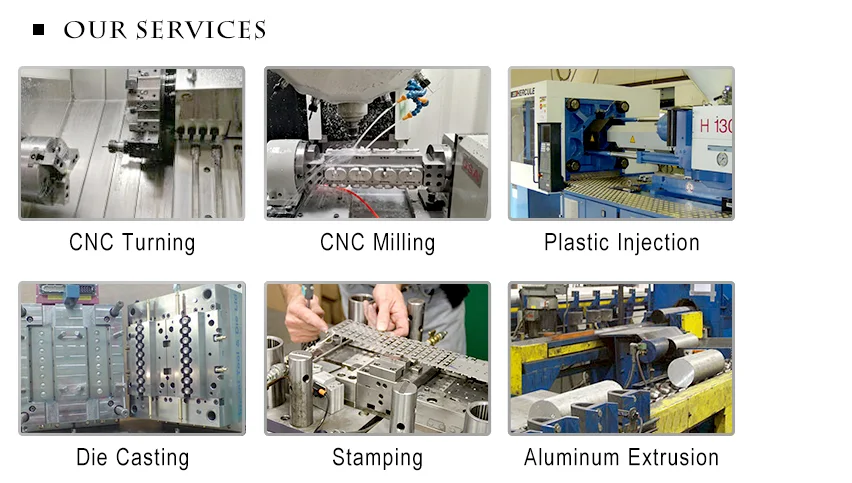The smart Trick of Plastic Design & Manufacturing, Inc- Mark1 That Nobody is Discussing
Everything about Injection Moulder, Tool Maker Plastic Design & Manufacturing

Prentice Hall 1998 Estimating Manufacturing Expenses Source: Design for Manufacturing and Assemble, D. Havel, Why DFM is essential for the Injection Molding Process Beyond simply estimating production costs, your injection molder must be using DFM principles to lower the costs of parts, lower the costs of assembly, minimize the expenses of supporting production, and to identify the effect of DFM decisions on other elements throughout the entire design and production process.
Consideration of tolerance, draft angles, damages, and more, require to happen in the style stage in order to achieve the quality/cost requirements of consumers. Benefits of DFM for Plastic Injection Molding Lower Production Cost Greater Quality Quicker Time to Market Lower Capital Devices Cost Greater Automation Possible Bring Production up to Speed Sooner Less Engineering Modifications Lower products and labor costs Decrease item development cycle time Focus on requirements lowers expenses Important Components of Design Optimization Before a mold is created, finest DFM practices for plastic injection formed parts include the following critical aspects: Shrinkage is the contraction of the molded part as it cools after injection.

crystalline products), mold design, and processing conditions. Resin may also diminish in a different way depending upon instructions of circulation. As a basic rule of thumb, a 10% modification in mold temperature level can lead to a 5% change in original shrinking. In addition, injection pressure has a direct impact on shrinkage rates. The greater the injection pressure, the lower the shrinkage rate.

How features of a part are formed in a mold figures out the kind of draft required. Features formed by blind holes or pockets (such as most bosses, ribs, and posts) ought to taper thinner as they extend into the mold. This Is Cool formed by slides may not require draft if the steel separates from the surface prior to ejection.

The Single Strategy To Use For Injection Molding and Contract Manufacturing - Thermal
A draft angle of at least one-half degree is acceptable for the majority of products. High-heat and exotic resign might need one to 2 degrees of draft. Include an additional degree of draft for every single 0. 001 inch of texture depth. Draft all surface areas parallel to the instructions of mold separation. Angle walls and other part features formed in both mold halves to assist ejection and preserve uniform wall thickness.
UNDER MAINTENANCE